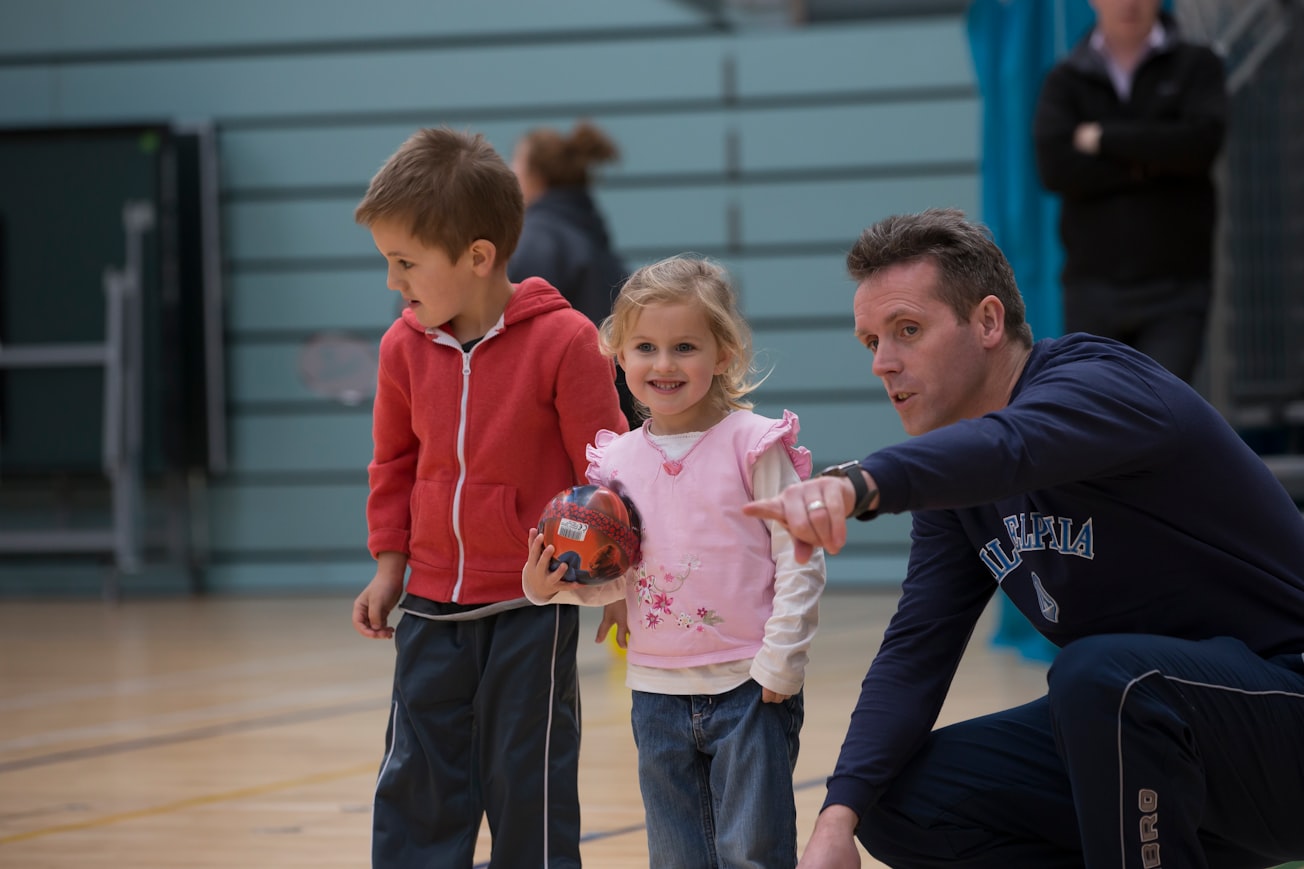What is it about?
It has been suggested by some authors that there is a relationship between athlete dependence and their vulnerability to exploitation. The suggestion has been made that a shift in coaching towards autonomy-supportive behaviours will be conducive to athlete welfare and safety, and possibly enjoyment and continued participation. This paper describes a Japanese university rowing club, where the relative absence of the coach contributes to athlete autonomy. The rowers, the team and its captains, were responsible for seat selection, training program, discipline, everyday organisation, and setting the standards of behaviour.
Featured Image

Photo by Danny Nee on Unsplash
Why is it important?
The paper offers a counterexample to the dominant model of sport-education programs that comes from the NCAA in the United States. The US model, mirrored in various Institutes of Sport around the world, places the coach in a position of extraordinary power and control. Even when the consequences are not devastating, the model leaves athletes in a state of dependence. We (Brent McDonald and I) hope that our explanation of the Japanese University rowing club environment and practice may problematize the dominant model of sport coaching and promote greater space for autonomous action by athletes. By investigating a context outside of Western sports, we offer something that is useful to situations that exist below the peak professional and collegiate levels of sport.
Perspectives
Brent and I hope that this article will make people think about models of sport coaching that both produce joyful experience for athletes, and that sustain the educational and development goals that are possible in sport. We think that great coaching is about putting athletes first, regardless of the effects that this might have on sporting results.
Dr. Michael Burke
Victoria University
Read the Original
This page is a summary of: Coaching pedagogy and athlete autonomy with Japanese university rowers, Sport in Society, June 2019, Taylor & Francis,
DOI: 10.1080/17430437.2019.1621842.
You can read the full text:
Contributors
The following have contributed to this page







